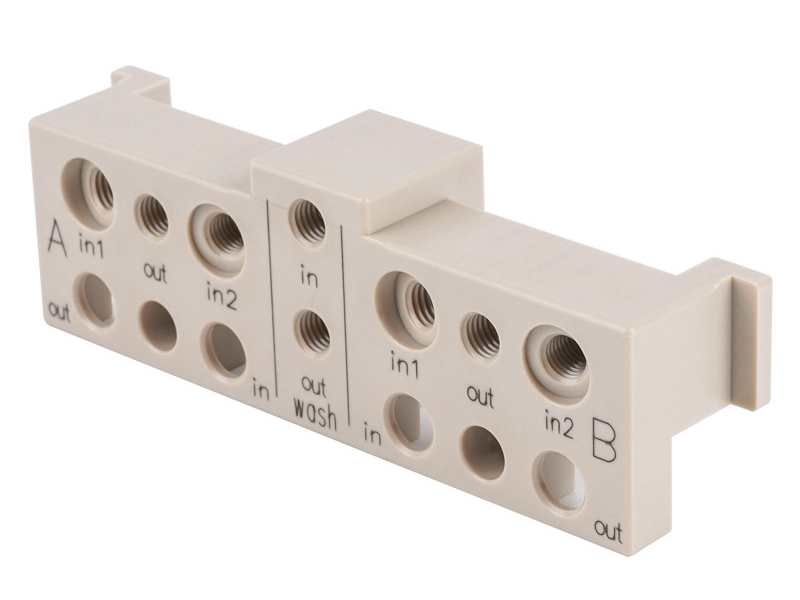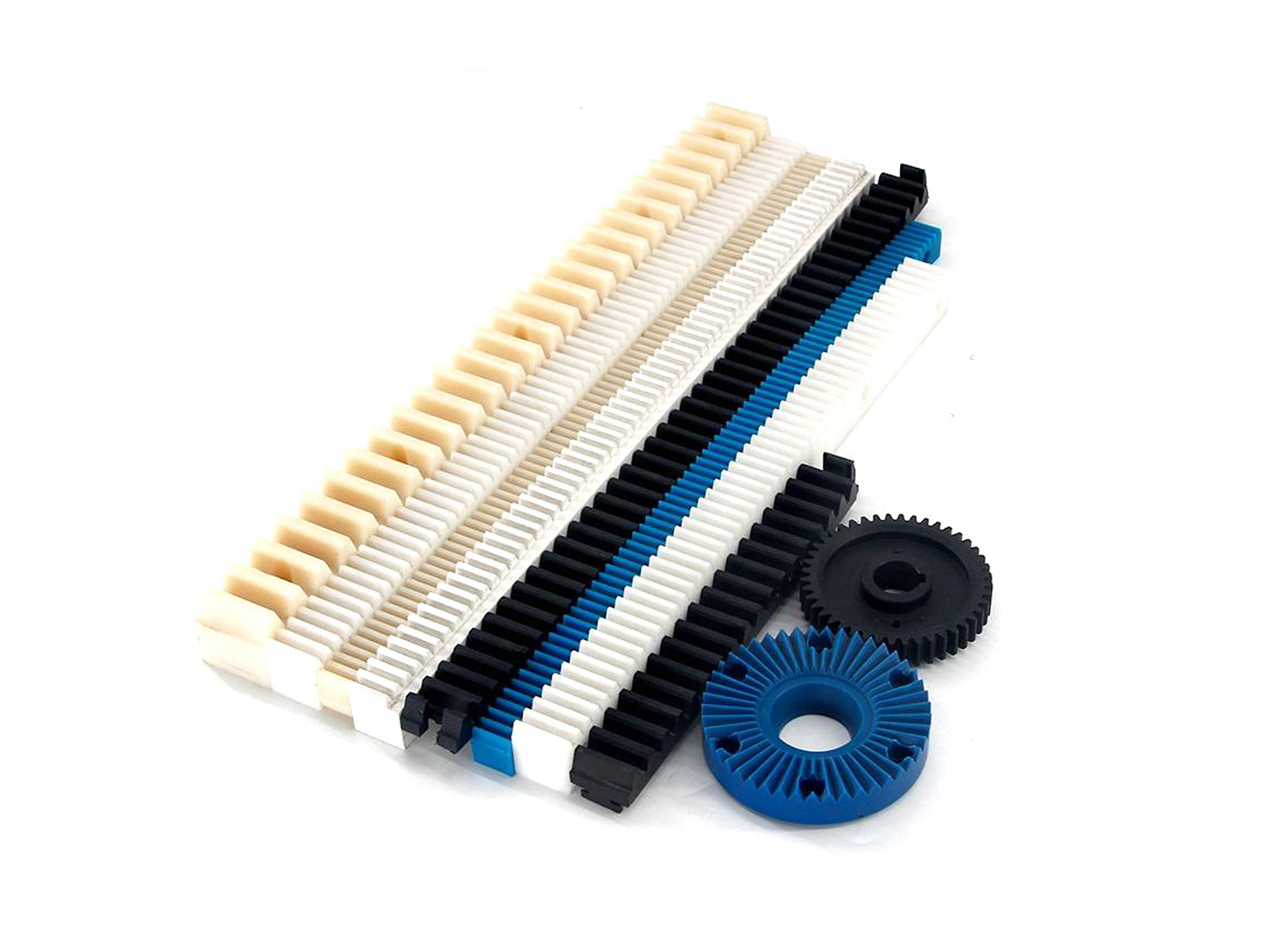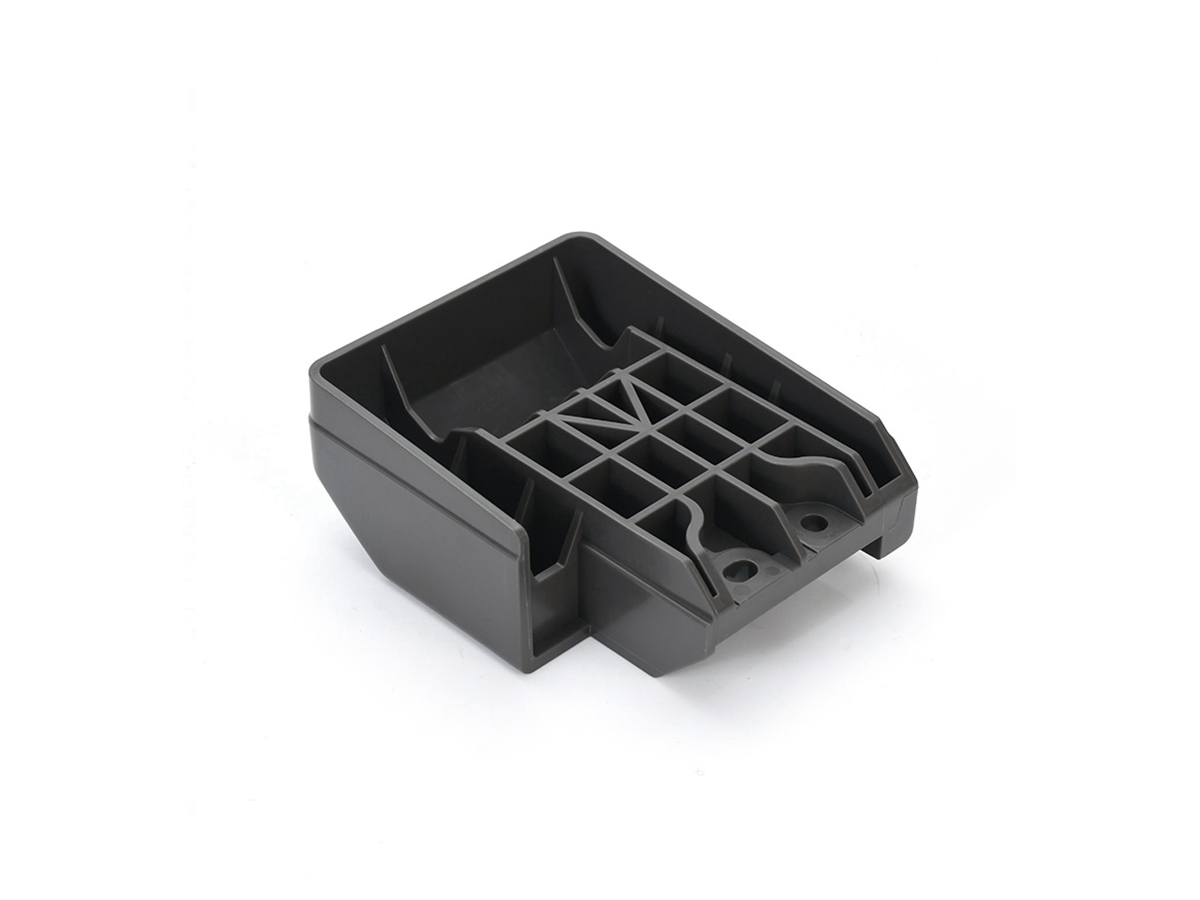Can Neway provide customized machining parameter recommendations for specific plastic parts?
Yes, absolutely. At Neway, providing customized machining parameter recommendations is a fundamental part of our One Stop Service. We understand that there is no universal "one-size-fits-all" setting for plastics, as optimal parameters are a function of the specific polymer type, part geometry, required tolerances, and final application. Our engineering team leverages extensive material-specific knowledge and empirical data to develop a tailored machining strategy for every project, ensuring optimal results from prototyping through to low-volume and mass production.
Our Systematic Approach to Parameter Development
1. Material-Specific Analysis The first step is a deep analysis of your specific plastic. We differentiate between amorphous (e.g., PC, ABS) and semi-crystalline (e.g., PEEK, Nylon) polymers because they behave fundamentally differently under stress and heat. For reinforced plastics, we factor in the abrasive nature of the fillers. Our database includes proven starting parameters for a wide range of materials, from common Delrin to high-performance UHMW.
2. Geometric and Tolerance Evaluation Part geometry directly influences parameter selection. Thin-walled features require lower cutting forces to prevent deflection, achieved through reduced depth of cut and higher speeds. Complex, deep cavities may necessitate specialized toolpaths and pecking cycles to ensure efficient chip evacuation, a critical factor we optimize in our Multi-Axis Machining Service.
3. Tooling and Fixturing Strategy We don't just set speeds and feeds in isolation. We specify the complete cutting system: • Tool Geometry: Recommending tools with specific rake angles, helix angles, and polished flutes to ensure a clean shear and minimize heat. • Tool Material: Selecting from sharp uncoated carbide for general plastics to PCD (Polycrystalline Diamond) for highly abrasive composites. • Workholding: Designing fixtures that secure the part firmly without inducing stress or distortion during machining.
Application-Driven Optimization
The end-use of the part is paramount. Parameters for a cosmetic consumer product housing will be fine-tuned to achieve a flawless as-machined finish, while those for a high-stress automation component will prioritize dimensional integrity and the avoidance of microcracks. For critical medical device components, our Precision Machining Service ensures parameters yield the required biocompatible surface and freedom from particulate generation.
Iterative Testing and Validation
Our process often involves an iterative approach, especially for new materials or highly critical parts. We conduct test runs, meticulously inspecting for defects like melting, burrs, or internal stress. We then refine the parameters based on real-world results, ensuring the final production process is robust and reliable. This validation is a core strength of our CNC Machining Prototyping service.
Conclusion and Call to Action
In short, we don't just machine your plastic part; we engineer the entire manufacturing process for it. By providing customized parameter recommendations, we guarantee that your parts meet the highest standards of quality, performance, and cost-effectiveness.



